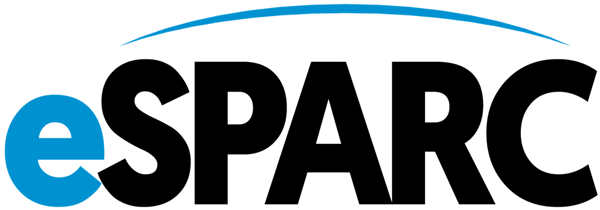eSPARC attended Harvard University Energy Policy Seminar Series Clean Power Plan Model Rules: Pathways for Implementation presented by Ms. Kate Konschnik, Lecturer on Law and Director of the Environmental Policy Initiative at Harvard Law School. During the lecture, Ms. Konschnik analyzed the legal challenges behind the Clean Power Plan following the unexpected stay by a 5-4 vote of the Supreme Court on February 9th, which suspended the Clean Power Plan while appeals of the EPA’s rulemaking are litigated. The U.S. Court of Appeals for the District of Columbia’s three-judge panel, which is hearing the appeal, had unanimously rejected the stay motion prior to the Supreme Court ruling. The stay order was procedural and did not substantively determine the case, yet it will delay implementation of the Clean Power Plan for a minimum of four years.
Proposed by the EPA in June 2014 under the Obama Administration, the Clean Power Plan is the first policy in the US aimed to set a national limit on carbon pollution produced by power plants. The Clean Power Plan requires all states to submit a proposal on how they plan to cut carbon emissions by September 2016. While some states, such as California and Pennsylvania, are planning to submit a full plan on time, others, such as North Dakota, Montana, Kansas, Oklahoma, and Texas, are suspending planning. Challenger states argue that the EPA overstepped its legal authority in issuing the Clean Power Plan nationwide.. Though there is much uncertainty regarding the future implementation of the Clean Power Plan, financial leaders, interest groups, and states still continue to push for strategies and policies toward a clean energy policy and economy.
 Close
Close



